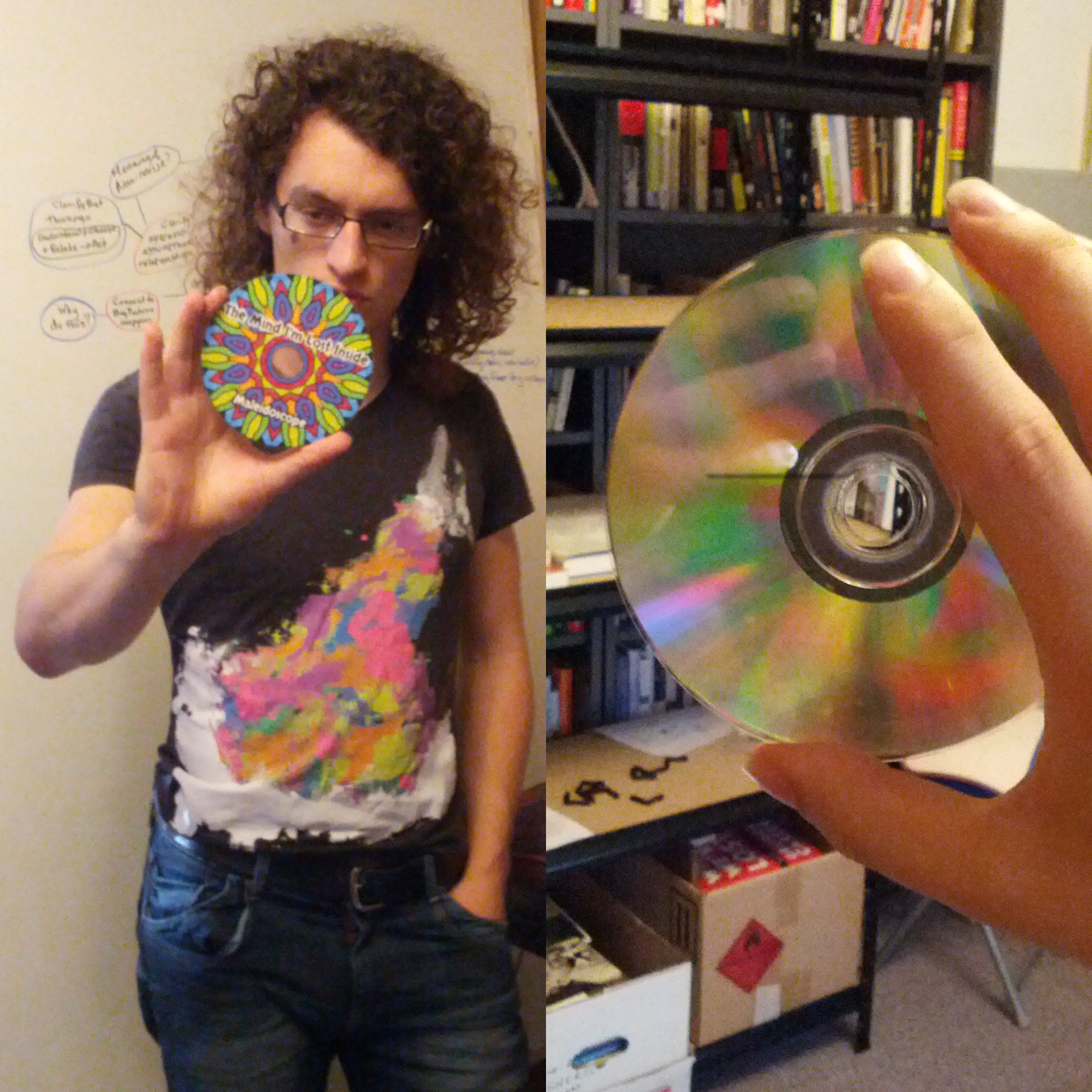The Living Room Context holds that the subjective is all we have. This is true in the sense that we only have our own perceptions of things and our own models. However, barring solipsism, it appears to be valuable to talk about things as having a sense of objectivity.
I had long thought of objectivity as “reality” or “the way things are”. This sort of definition makes sense with the phrase “objective truth”. In learning about subjective truth—the known truth of our own experience—I’ve come to understand that while it can make sense to model the existence of some kind of external reality, everything we know about that objective reality is itself… a subjective model, contained in each of us, the subjects.
I tried to understand the objective by simply modelling it as inhuman, except no, nonhumans experience subjective perception as well, though they may not have thoughts about it. Or what about aliens? This works on the level of “if a tree falls in a forest, it makes air vibrations but sound only happens when a creature with ears experiences those vibrations”.
Then I thought about it from a scientific perspective: objective truth, I thought, is when you’re saying some model is presently as close as possible (given available data and modes of thinking) to the model you would anticipate having given infinite investigation. At the very least, even if not as close as possible, you’re asserting that it’s better than the prevailing model. Importantly, that it’s better than the prevailing model for everyone, not just you.

Your perspective and mine. Visually, at least. I also have a strong emotional experience, since that CD is my first album.
So maybe the objective is describing something independent of perspective? As in, devoid of subjectivity? Sort of, but that’s not quite it either. If I hold up a CD, facing you, then your subjective description is the cover art, and mine is just a shiny disc, but what is the objective description? In what sense can such a description exist?
I propose that the objective can be best modelled not as being independent of perspective but rather dependent on it. Like a function. The objective description is a way of answering the question, “if I perform some known kind of measurement on this object/phenomenon, what do I expect the result to be, given the perspective from which I perform the measurement?” Note that there remains the subjective component of there being a certain subject who holds the expectation that the results of said measurements would be well-mapped by said function.
I think that a common source of conflict is when we attempt to make objective descriptions without accounting for certain dimensions by which the subjective perspectives can vary. It’s easy to ask “what photons would enter my eyes if I were standing in a different location?” but much harder to ask “how would I perceive this interaction if I had been born and raised a in X circumstances?” where X could be a different period of history, or a different country, or even a different social class. This is what makes objective descriptions dangerous—we usually don’t know how to define the function across the full breadth of human perspectives, and so what we say is likely to be misinterpreted.
From the LRC list of commitments and assumptions:
I commit to speaking only out of and about my own personal experience and understanding. When I speak of others experience or ideas, it is my experience of them I speak of.
Constantly consciously expanding the boundaries of thoughtspace and actionspace. Creator of Intend, a system for improvisationally & creatively staying in touch with what's most important to you, and taking action towards it.
Have your say!